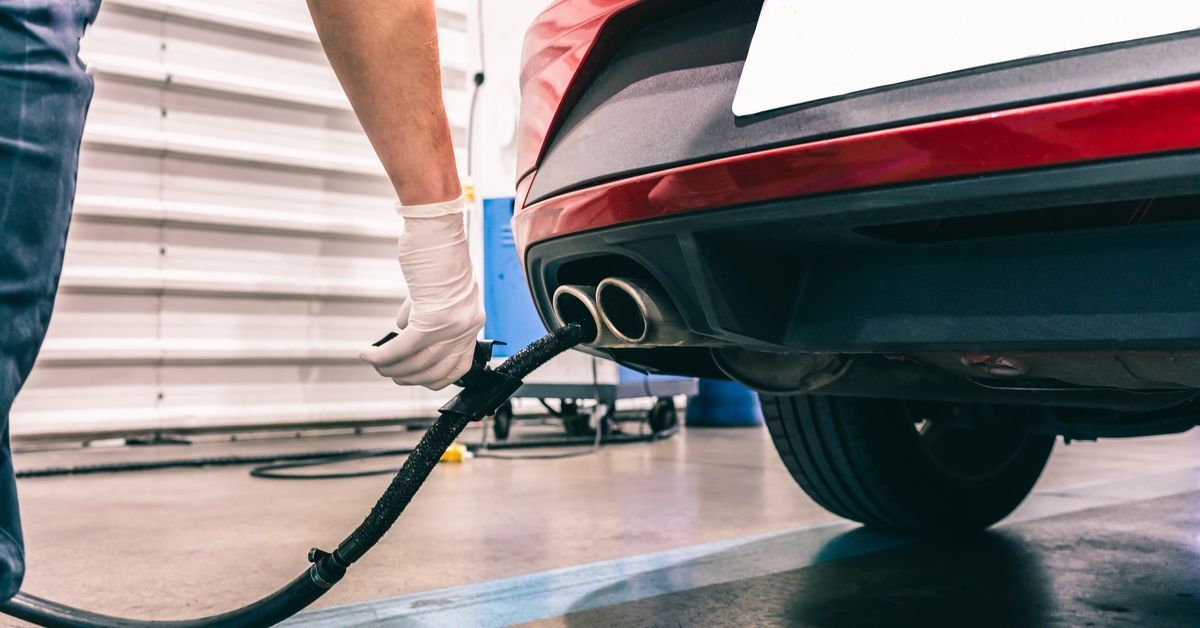What Is Propane Gas?
What is Propane Gas?
Propane is a portable, clean and efficient energy source which supplies about four percent of total U.S. energy needs. It is a byproduct of natural gas processing and petroleum refining, and exists as both a liquid and a gas.
Propane is sometimes referred to as liquified petroleum gas, LP gas, or LPG. About 90 percent of our propane is produced in America, making it a stable, domestic energy source. It is nontoxic, colorless and virtually odorless – but, for your protection, odor is added so it can be easily detected when necessary. The chemical odorant that is added is called ethyl mercaptan, which has a strong smell similar to rotten eggs.
Is propane clean?
Yes, propane is one of the cleanest burning fossil fuels. It creates less pollution, providing all of us with cleaner, more breathable air. It is also up to 99% efficient.
Propane is a valuable alternative to electricity and significantly reduces emission of greenhouse gases.
What are some of the benefits of propane?
Propane is a portable fuel that is used all around the world. It is used in transportation, commercial business, industry, farming, domestic heating and cooking, and for recreational purposes such as camping.
Compact and easy to transport, propane is delivered to the most remote areas of a community, as well as local neighborhoods that don’t have access to natural gas.
Almost 47% of the global demand for propane comes from residential cooking and heating demands. Nearly 10% of total propane consumption comes from the autogas sector – autogas is propane when used as a vehicle fuel.




